Before we attempt answering this question in detail, let’s understand the scope and utility of music theory.
The classical definition of music theory in a broad sense would be something like — ‘to understand the underlying science, history, evolution and to communicate, listen (not hear!) and analyse music that we encounter’.
The scope is vast, viz. science behind pitch, intervals, consonance/dissonance, music history, musical periods, development of forms & instruments, notation, key/scale, metre/rhythm, instruments & ranges, musical forms, composers and styles, orchestration, analysis — and it can go on.
These topics can be in fact divided into specific areas for ease of tackling:
- Knowledge – Majority of the above topics fall into this category and over a period, we get quite conversant with these items. With search engines, this becomes easy even for quick reckoning. The topics are vast and never seem to be ending and it’s a journey forever.
- Active Listening – It could be as simple as identifying an interval / melody to understanding the form and orchestration.
- Analysis – This is more advanced that one can gain only after years of careful study of music of different periods, styles, ensembles and forms.
- Composition (this could call for a series of Articles in itself) – Theory is the foundation for composition that gets consummated with a natural flair for creativity and a sense of melody, metre and harmony.
The next question would be how soon can one progress to an advanced level?
The progress required here is multi-folded. The basic knowledge can be acquired / understood in a few months to a year; however, regular recourse will be required to cement the knowledge. There are great resources available, including the internet.
As always, time management is essential to make the progress rapid. For example, commute time to work can be effectively used for listening to music. There are different resources available on the internet or otherwise. The aspirant should make conscious efforts to listen to a vast repertoire in due course.
After the basic knowledge is acquired, study of different works takes at least a few years. The general pitfall here is that we tend to like and stick to a particular composer rather than scanning a wide repertoire. Variety helps here more than depth in a particular area.
Trying to compose in different forms for a variety of instruments / ensembles brings great benefit with respect to overall understanding of music itself. I find LCM’s syllabus requirements for composition diplomas particularly very helpful.
It’s not really a time-bound journey, everyone makes progress at their own pace. No point in rushing as it takes time for the mind to rewire itself for a holistic understanding of music. Many students take theory as a parallel pursuit along with learning an instrument. This makes more sense as understanding theory behind the pieces we practice makes it more enjoyable and vice-versa.
Happy Learning!!
Learn Music Theory the Right Way
At Risoluto Academy of Music, we believe music theory should feel exciting, not overwhelming. That’s why our programs include built-in ear training, active listening, analysis, and composition — all taught with clarity and creativity.
Whether you’re a beginner or preparing for exams like ABRSM or Trinity, our structured curriculum is tailored to your pace and goals.
